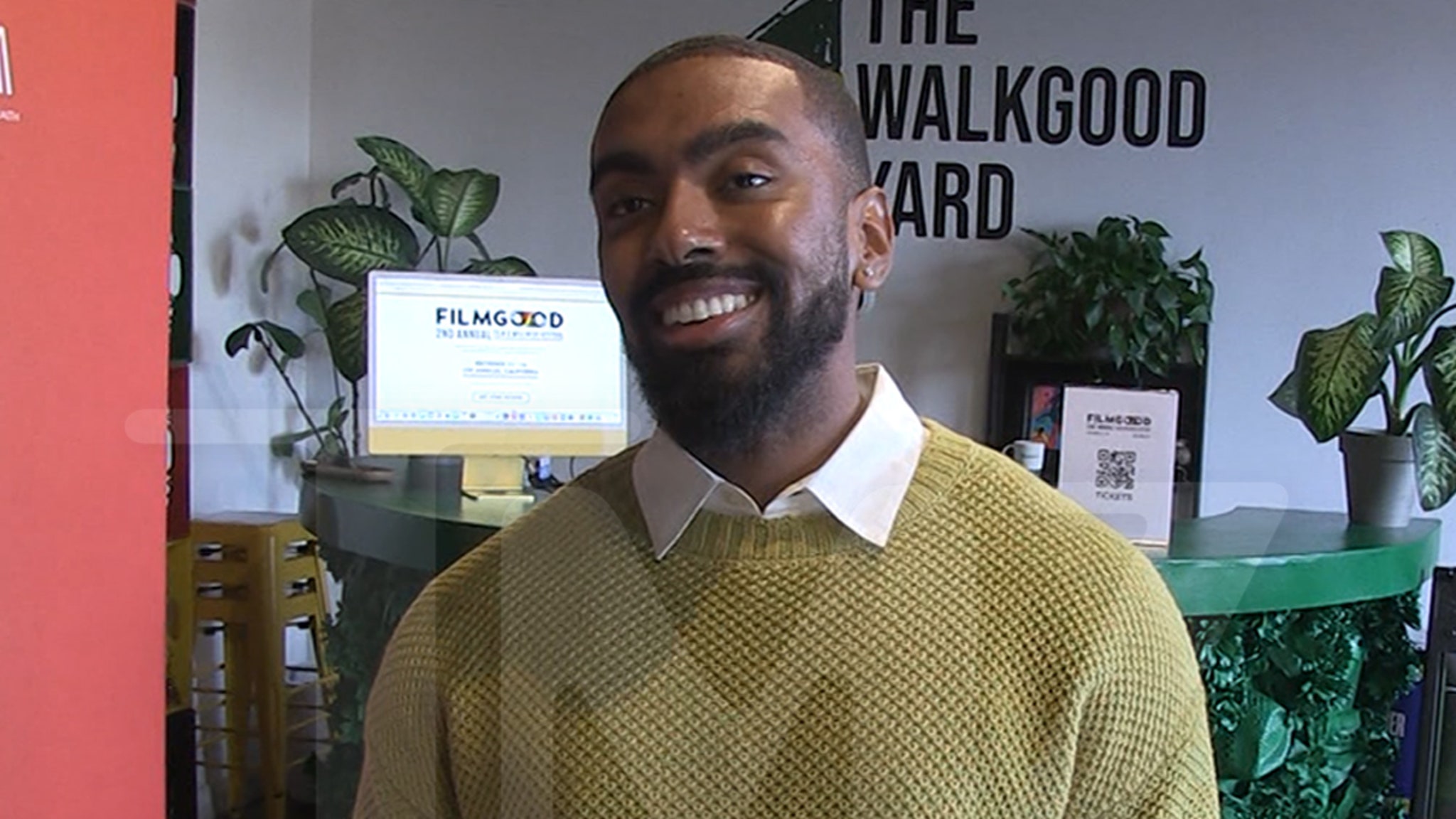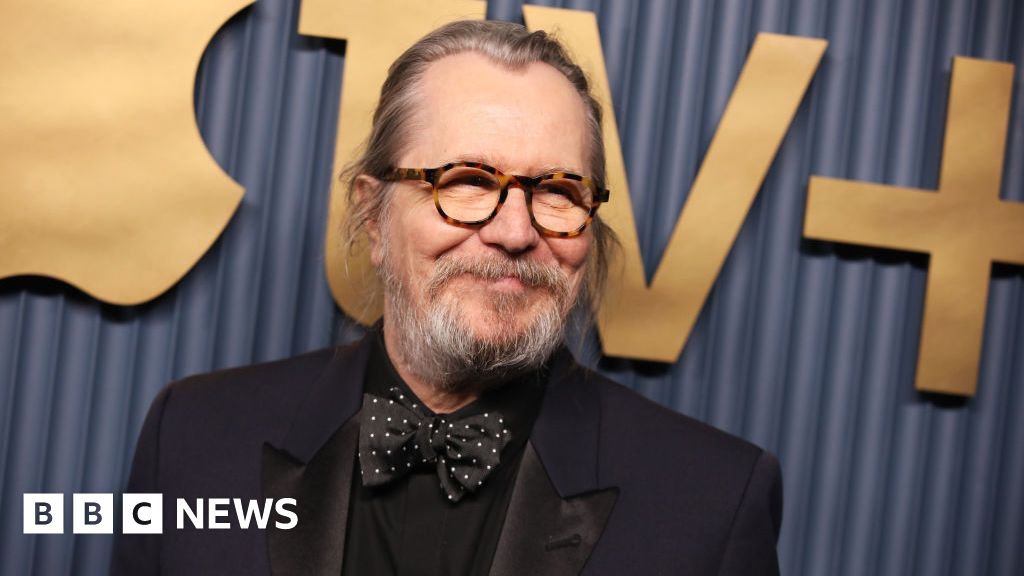Robert Friedman has been in the media space for decades, helping lead established companies like New Line and MTV, back when movies and television were the only game in town. The media landscape has fractured since then, with the rise of streaming services scrambling the old ways of doing business. And Friedman (everybody calls him “Bobby”), has adapted with it.
In 2013, Friedman left Radical Media, the company behind “Under African Skies” and the “Mad Men” pilot that was a pioneer in the branded content space, and decided to strike out on his own. “The velocity of change was incredible, and I felt like there must be a better way of doing things,” he said during a recent interview at his Manhattan office.
That led him to launch Bungalow Media + Entertainment, a leaner, nimbler production shingle that makes scripted and unscripted content for this new array of buyers. Bungalow recently won an Emmy for “Little Richard: I Am Everything,” a documentary about the rock and roll icon that was backed by CNN Films and released in theaters by Magnolia Pictures, and also produced “CyberSleuths: The Idaho Murders,” a Paramount+ true crime series that focused on some TikTok detectives who investigate a horrific crime. In between there have been lifestyle shows (Max’s “Serving the Hamptons”), cooking series (Cooking Channel’s “Stab That Cake”), docuseries about current events (CBS’s “13 Days in Ferguson”), even a few feature films (the Clive Owen drama “The Confirmation”). The companies releasing these movies and programs range from streamers to cable brands to movie studios to broadcast TV channels — a sign of the diverse constellation of distributors that all this disruption has wrought.
“I see a lot of what we make as bespoke,” Friedman says. “The buyers may be different than they were a few years ago, but they all have certain personalities and characteristics. We spend a lot of time thinking not just is this a good story? But what platform would it work on?”
That’s led Bungalow to lean heavily on unscripted shows, which are cheaper to produce and less time-intensive (making a scripted show or narrative feature can take three to four years to develop, an unscripted series can sometimes be turned around in six months). On the horizon, the company plans to make a series about the 2002 U.S. Paralympic Sled Hockey Team, which made history as the first American team to win gold in the games. It’s something that Friedman describes as “the greatest sports story never told.” He’s also developing a limited series about Ron Rice, the founder of Hawaiian Tropic. “He was a mini Hugh Hefner,” Friedman says of the suntan lotion mogul. “He built a huge business from his garage and he went around the world promoting it with the Hawaiian Tropic girls. He was a forefather of social media.”
The show will be called “Bronze Beauties: Hawaiian Tropic and the Creation of Influencers” and will have access to Rice’s private archive of video and photos.
Bungalow doesn’t just license its shows to distributors. Friedman says it has focused on finding fresh sources of ancillary revenues. In the case of the Little Richard documentary, that meant releasing a soundtrack. For other shows, such as “It Couldn’t Happen Here,” a true crime series that Bungalow did with SundanceTV, that led to the development of a podcast featuring the show’s host, Hilarie Burton Morgan.
“You have to make the economics work,” Friedman says. “The concept of windows has changed radically, primarily because of the streamers. The Netflix’s of the world want to buy out all the rights to things, so there aren’t as many opportunities to exploit the IP you create.”
And even some genres that have proved to be remarkably durable, such as true crime, have forced producers like Bungalow to get creative as the competition intensifies. Now, the company looks for some angle that sets their story apart. In the case of “CyberSleuths: The Idaho Murders,” that meant leaning into the social media backgrounds of the crime solvers. In other instances, such as “Surviving Jeffrey Epstein,” a look at the disgraced financier that Bungalow produced for Lifetime, that led the company to tell the story from the perspective of the victims of his sex crimes.
“You have to find something unique about a story in order to get people to watch,” Friedman says. “Right now, the shows that work are either about the biggest crime ever, or you have to solve a mystery by episode four or six. It’s challenging.”
Friedman admits that the strikes and the media consolidation that has gripped the entertainment industry in recent years has made that challenge even more difficult. Studios and streamers are spending less money as the ad market struggles to recover — plus a wave of mergers has left companies like Bungalow with fewer buyers for the content they produce. But he also thinks that there’s still a need on behalf of the remaining media giants for shows and movies that can cut through the clutter and tap the zeitgeist.
“I think we’ve found a winning recipe,” Friedman says. “That makes us valuable.”

 By Variety | Created at 2024-12-05 18:19:51 | Updated at 2024-12-25 21:10:18
2 weeks ago
By Variety | Created at 2024-12-05 18:19:51 | Updated at 2024-12-25 21:10:18
2 weeks ago








